Should owning an idea be treated the same way as owning a physical object, or are these two forms of property rights ultimately incomparable? How should societies balance incentivising new ideas with the desire to make them freely available for the greater good? This animated TED-Ed short explores the contrasting ways philosophers including John Locke, David Hume and Elizabeth Anderson have viewed intellectual property rights over the centuries. Revisited in the age of digitisation, in the wake of the COVID-19 pandemic and amid the rise of machine learning, these long-standing debates about the ethics of idea ownership take on fascinating new contours.
What’s an idea worth? How prominent thinkers have understood intellectual property
Video by TED-Ed
Director: Patrick Smith
Producer: Sazia Afrin
Writers: Michael Vazquez, Will Kanwischer

videoEthics
Plato saw little value in privacy. How do his ideas hold up in the information age?
5 minutes
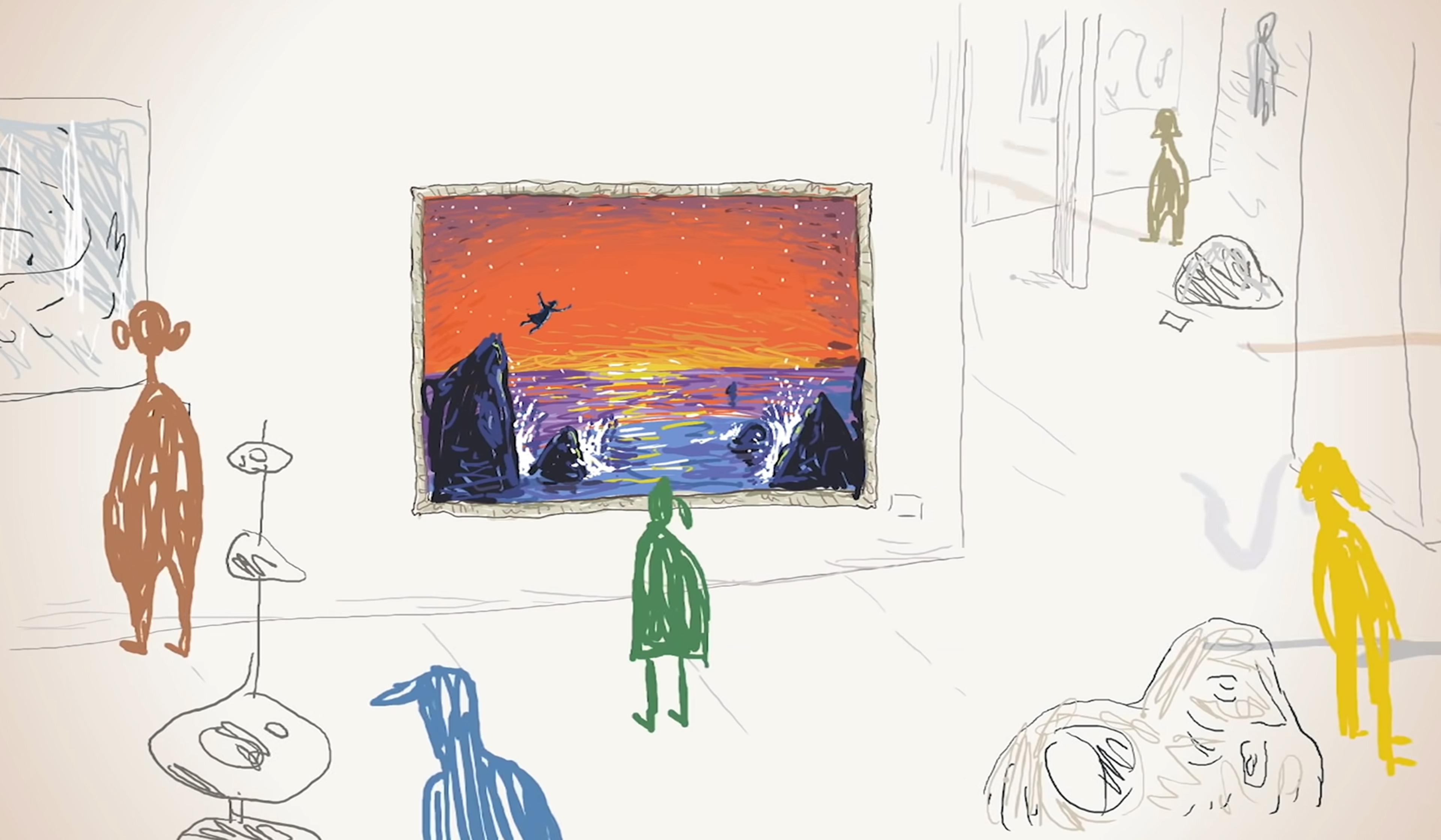
videoBeauty and aesthetics
Does the artist’s intention matter, or is it indeed all in the eye of the beholder?
4 minutes

videoFuture of technology
Artificial ‘creativity’ is unstoppable. Grappling with its ethics is up to us
23 minutes

videoPolitical philosophy
Beyond the veil – what rules would govern John Rawls’s ‘realistic Utopia’?
6 minutes
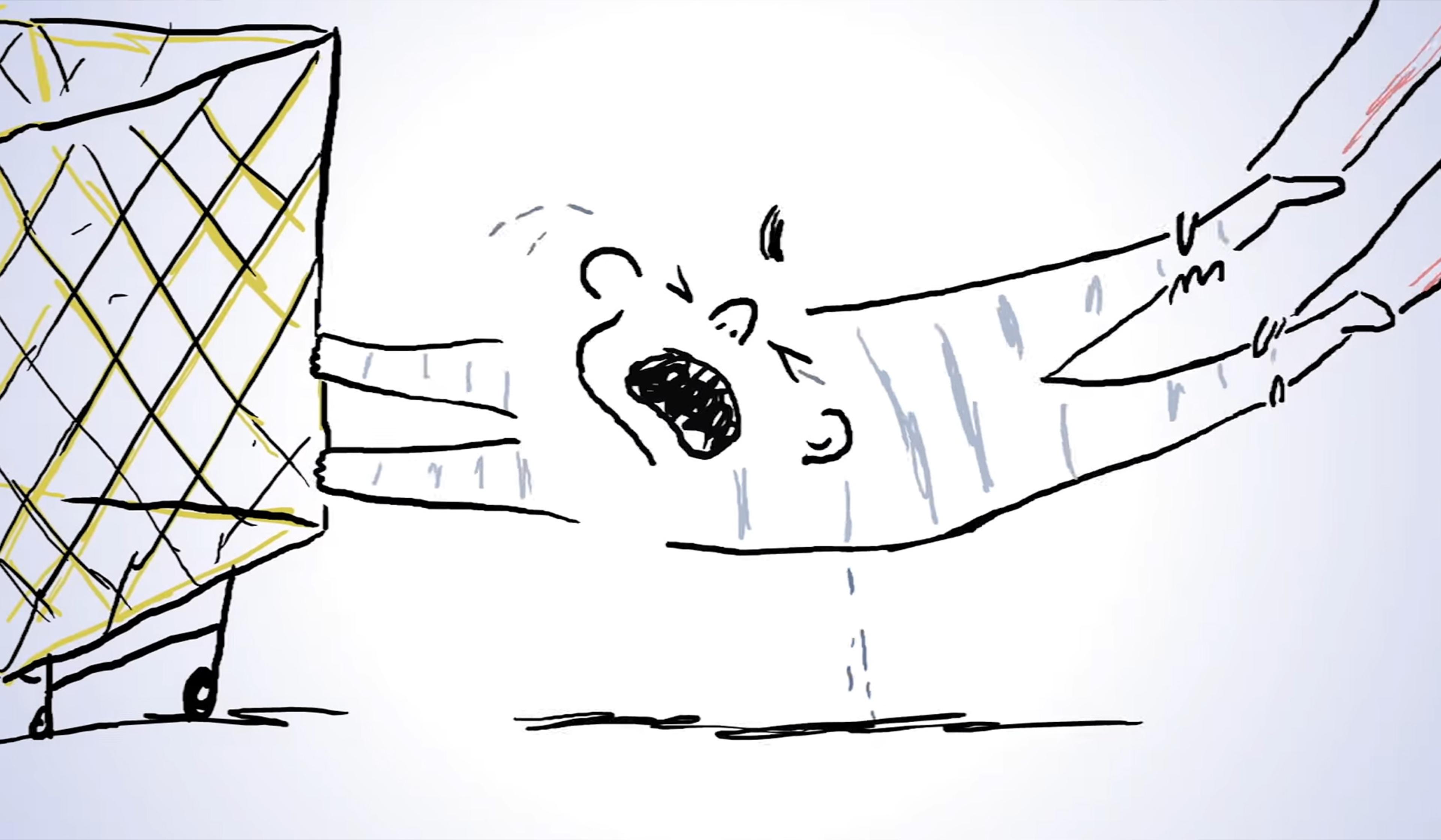
videoSocial psychology
Feeling connected to objects is a fundamental – and fraught – part of human nature
5 minutes
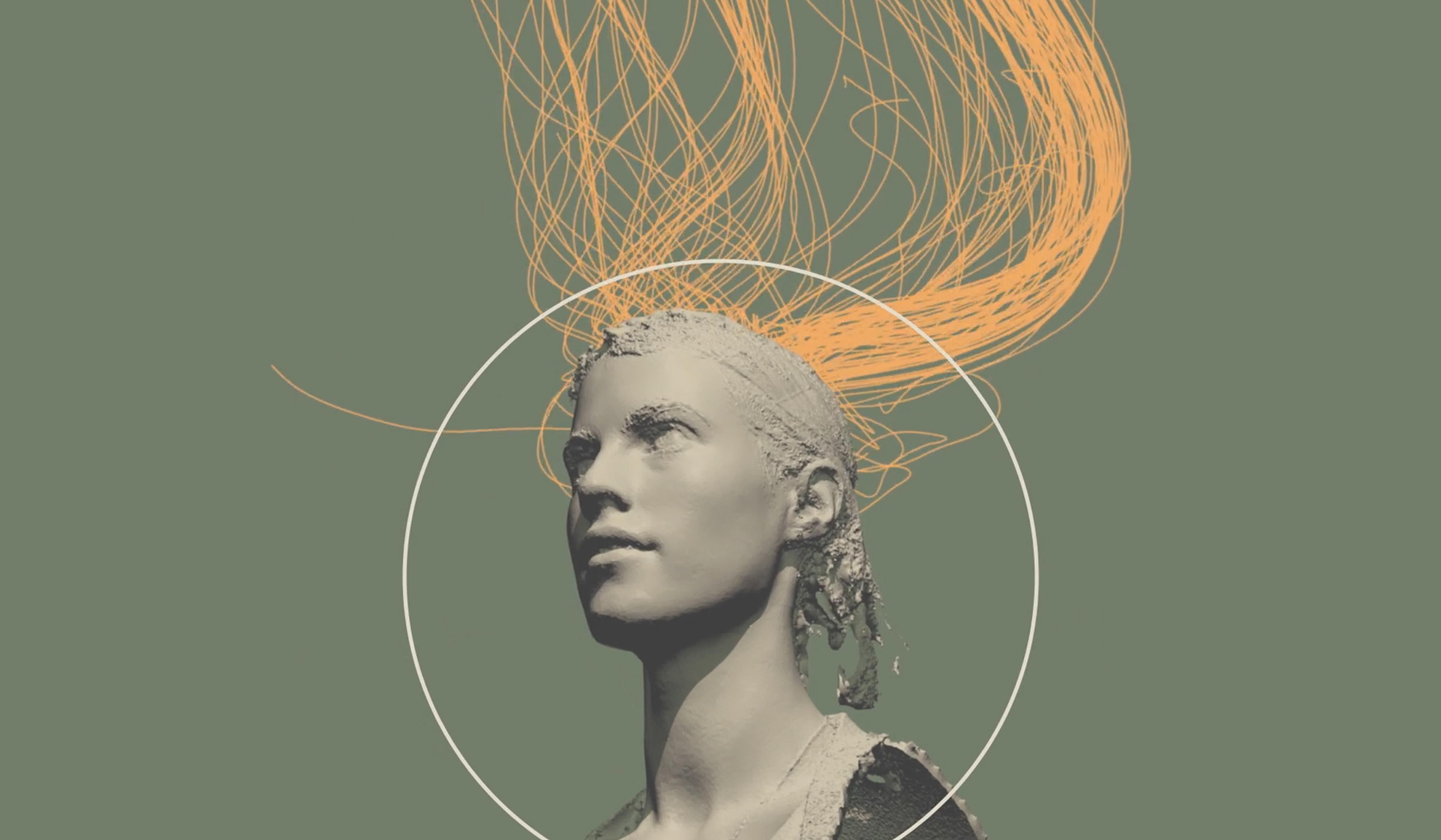
videoPhilosophy of mind
We may never settle the ‘free will’ debate, but tapping into it is still worthwhile
32 minutes
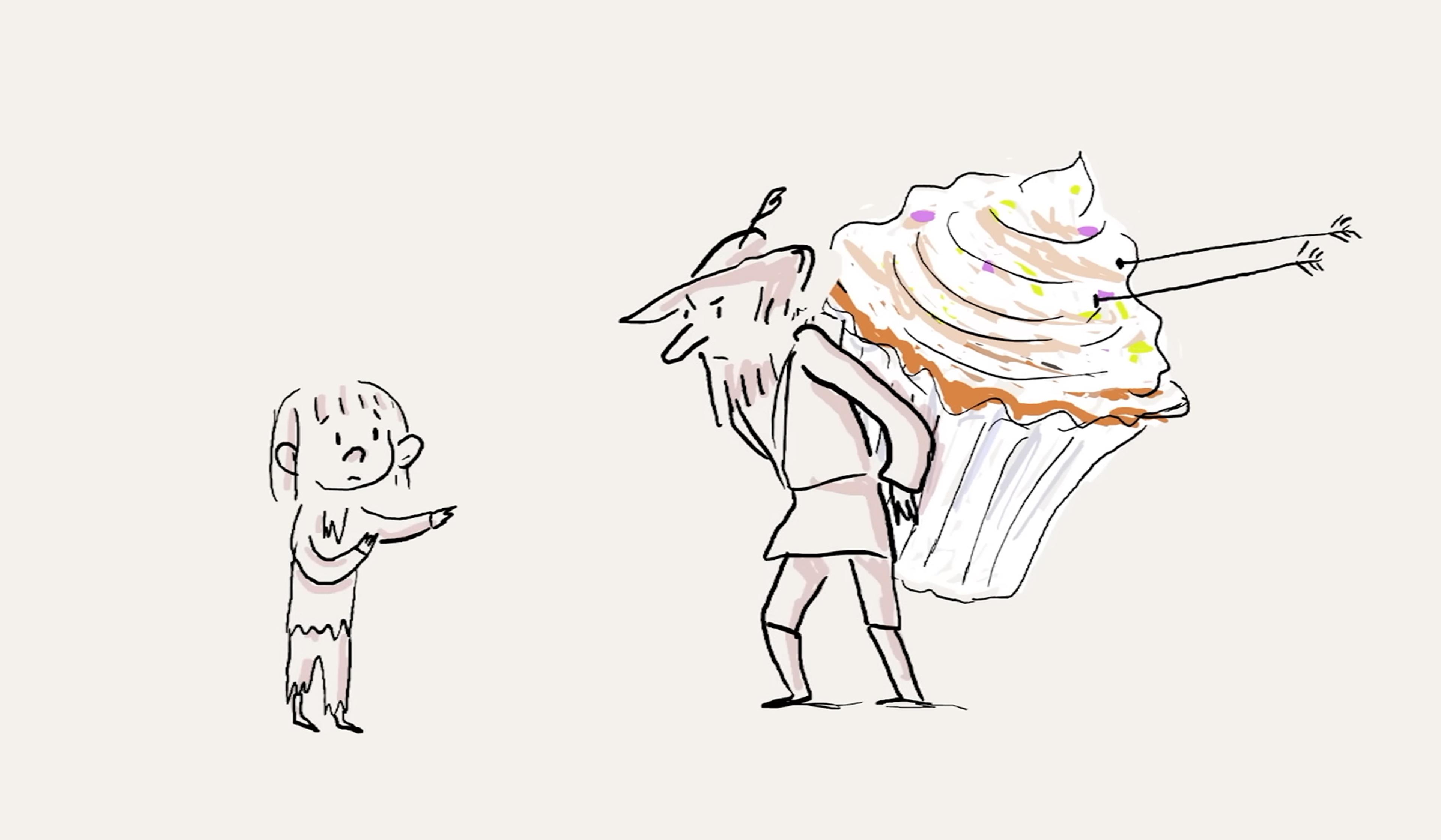
videoEthics
For Iris Murdoch, selfishness is a fault that can be solved by reframing the world
6 minutes
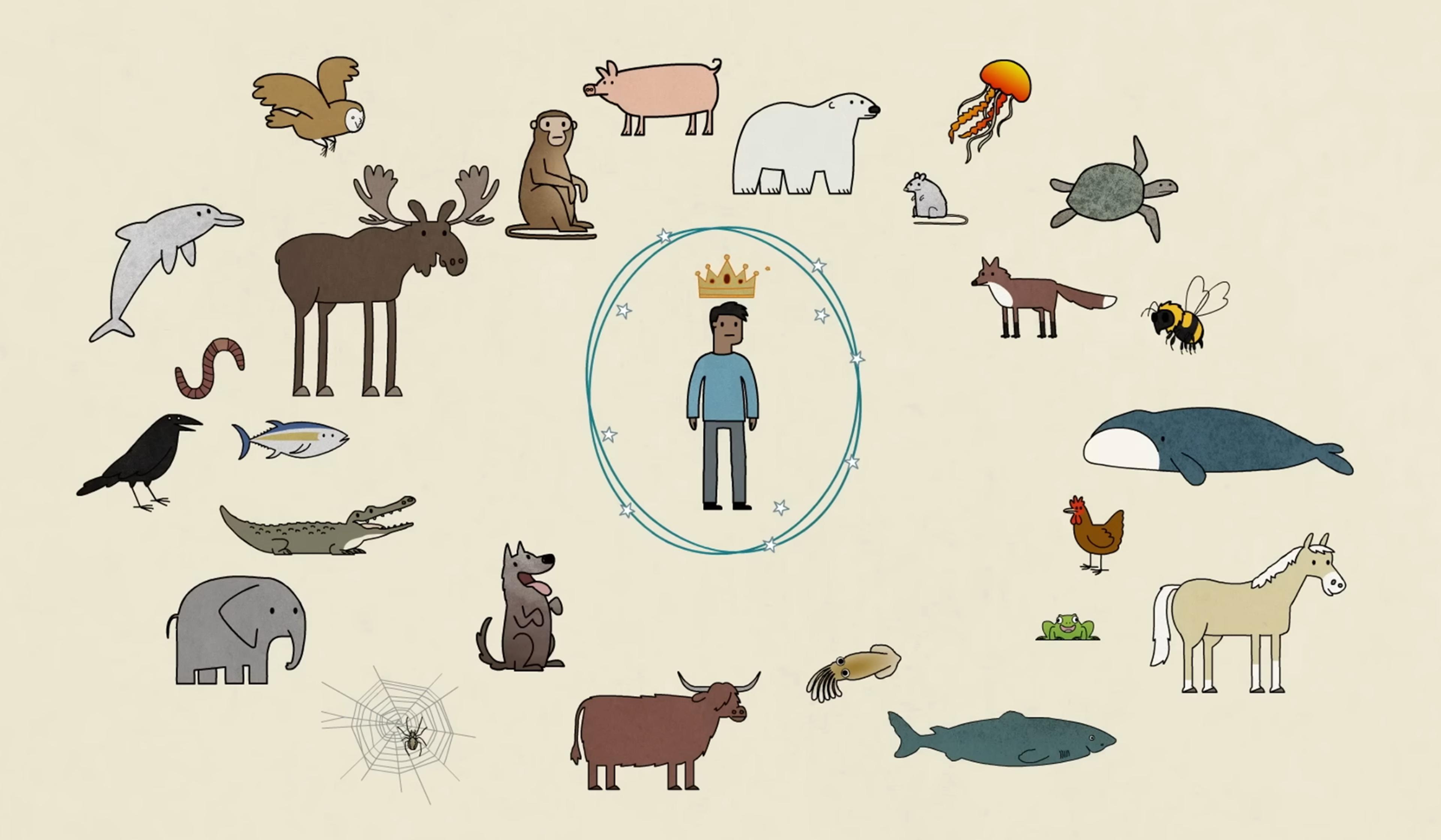
videoEthics
How many monkeys is it worth sacrificing to save a human life?
6 minutes
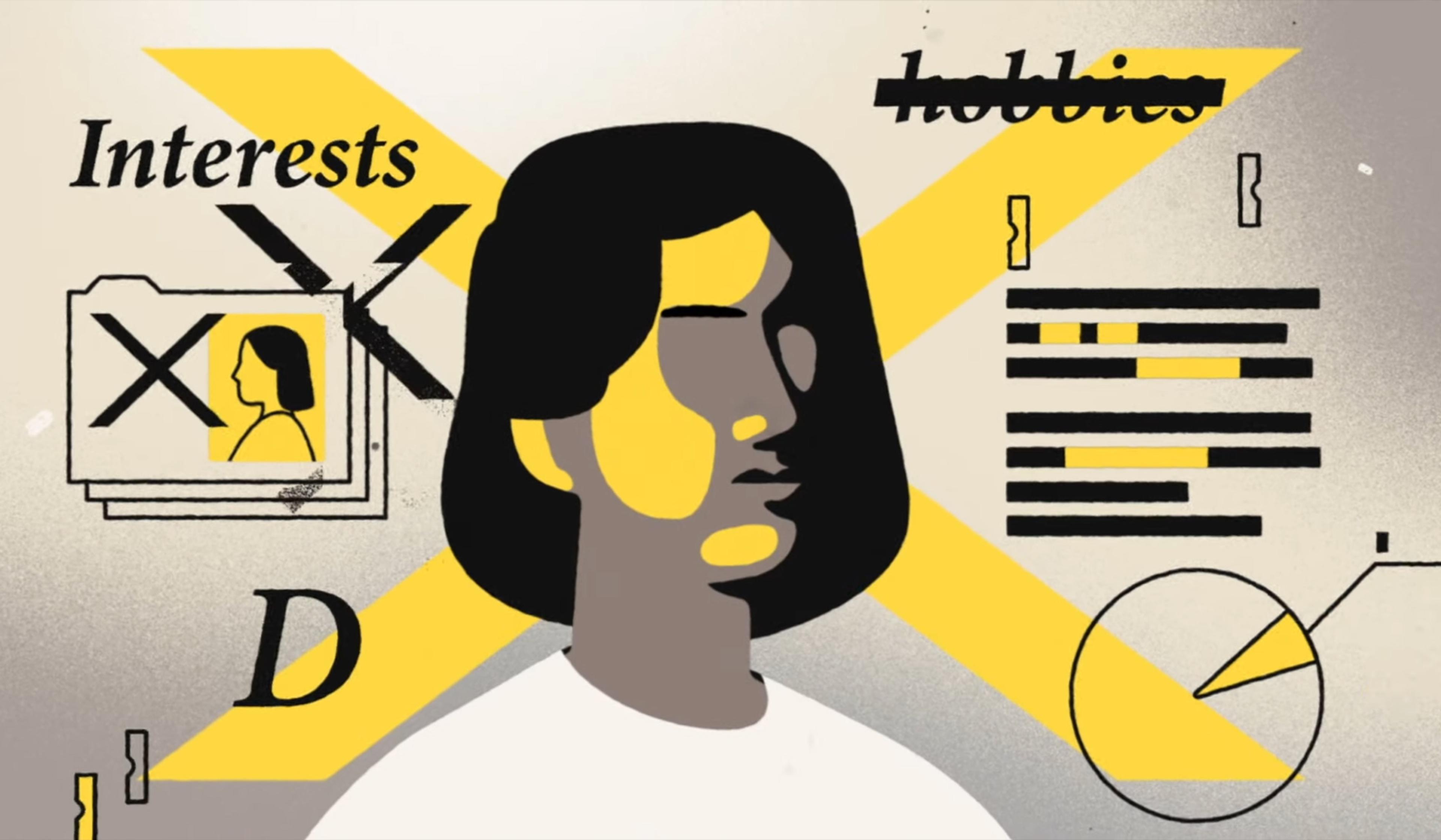
videoFuture of technology
Tech companies shroud their algorithms in secrecy. It’s time to pry open the black box
4 minutes